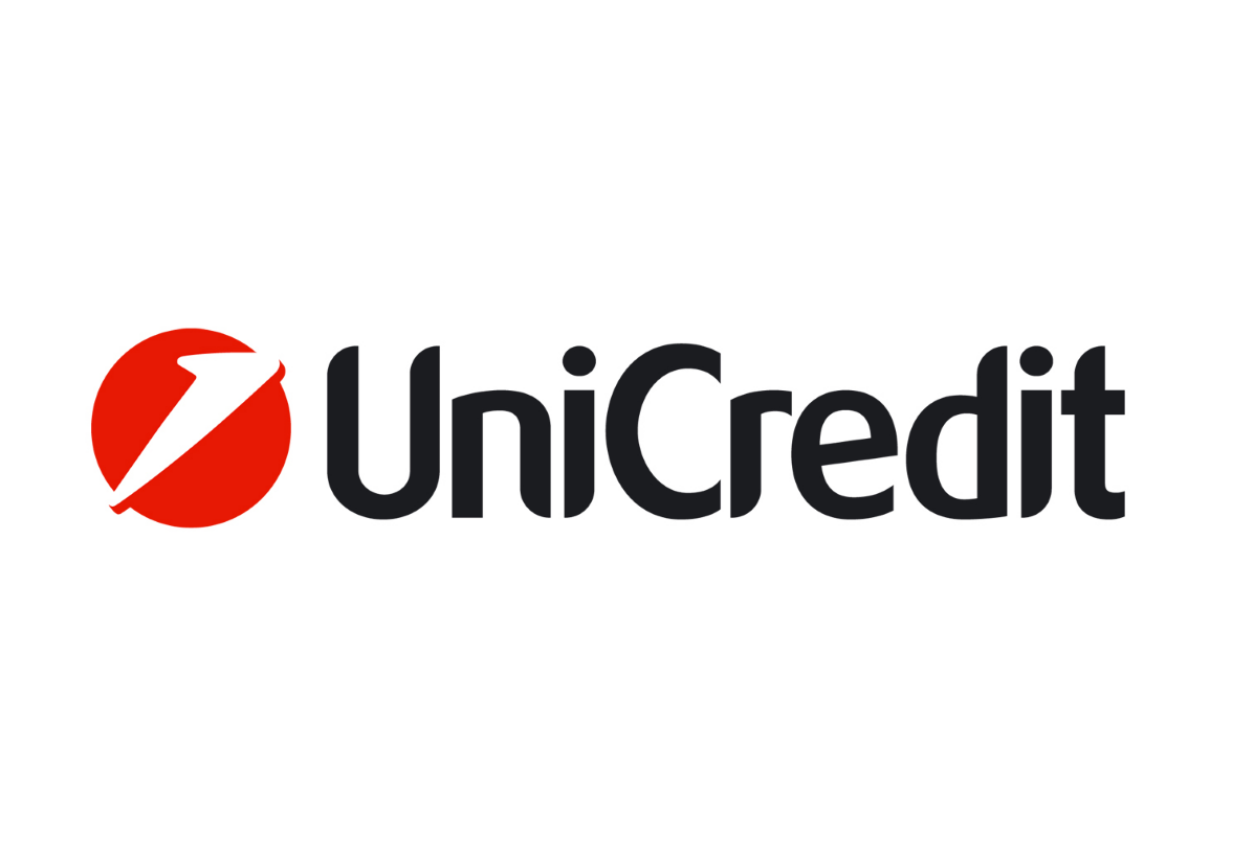Banco BPM, Italy's third-largest bank, has formally rejected a €13 billion takeover bid from larger rival UniCredit, citing undervaluation concerns and potential shareholder disadvantages.
The bank's board officially recommended on Thursday that shareholders decline UniCredit's offer, which begins on Monday and runs until 23 June. The rejection comes as UniCredit faces additional hurdles from the Italian government, which has imposed conditions that could jeopardise the deal's completion.
"We find it really quite awkward that already three of the conditions UniCredit has included in their offer have not been fulfilled," Banco BPM chairman Massimo Tononi told a conference call. "We cannot understand why UniCredit is not making clear what their intentions are: whether or not they intend to waive those conditions... or terminate their offer."
UniCredit's proposal of 0.175 new shares for each BPM share represents a 9 per cent discount to BPM's current market price, based on Thursday's trading. Banco BPM argued that UniCredit was not offering any premium, and the transaction would give BPM shareholders only a 14 per cent stake in the combined entity, below their expected 18 per cent contribution to 2027 profit.
The Italian government has complicated matters by setting requirements under its "golden power" rules, which UniCredit claims could harm its operational freedom and potentially result in penalties. These conditions include constraints on credit activities, liquidity management, and UniCredit's operations in Russia.
UniCredit stated on Tuesday it was "not in a position to take any conclusive decision on the way forward" regarding its bid after Prime Minister Giorgia Meloni's government imposed these conditions. The bank questioned the unusual application of special powers in a domestic transaction between two Italian banks, suggesting the conditions might not align with Italian and EU law.
"The use of special powers in a domestic deal between two Italian banks is unusual, and it is not clear why it was invoked in relation to this transaction, but not on similar transactions currently under way in the Italian market," UniCredit said in a statement.
According to the Financial Times, Meloni's government was caught off guard by UniCredit's November bid for Banco BPM, which disrupted plans to create a larger national banking champion by merging BPM with Monte dei Paschi di Siena. The government is currently returning Monte dei Paschi to private ownership.
UniCredit has said it intends to wait until the end of the offer period before deciding whether to proceed with the takeover attempt. The bank has until 30 June to drop the offer.
Banco BPM has long been considered a natural acquisition target for UniCredit due to its strong presence in Italy's wealthy Lombardy region, where UniCredit's market share remains relatively small despite being the country's second-biggest bank.
Latest News
-
Gemini to cut quarter of workforce and exit UK, EU and Australia as crypto slump forces retrenchment
-
Bank ABC’s mobile-only ila bank migrates to core banking platform
-
Visa launches platform to accelerate small business growth in US
-
NatWest to expand Accelerator programme to 50,000 members in 2026
-
BBVA joins European stablecoin coalition
-
eToro partners with Amundi to launch equity portfolio with exposure to ‘megatrends’
Creating value together: Strategic partnerships in the age of GCCs
As Global Capability Centres reshape the financial services landscape, one question stands out: how do leading banks balance in-house innovation with strategic partnerships to drive real transformation?
Data trust in the AI era: Building customer confidence through responsible banking
In the second episode of FStech’s three-part video podcast series sponsored by HCLTech, Sudip Lahiri, Executive Vice President & Head of Financial Services for Europe & UKI at HCLTech examines the critical relationship between data trust, transparency, and responsible AI implementation in financial services.
Banking's GenAI evolution: Beyond the hype, building the future
In the first episode of a three-part video podcast series sponsored by HCLTech, Sudip Lahiri, Executive Vice President & Head of Financial Services for Europe & UKI at HCLTech explores how financial institutions can navigate the transformative potential of Generative AI while building lasting foundations for innovation.
Beyond compliance: Building unshakeable operational resilience in financial services
In today's rapidly evolving financial landscape, operational resilience has become a critical focus for institutions worldwide. As regulatory requirements grow more complex and cyber threats, particularly ransomware, become increasingly sophisticated, financial services providers must adapt and strengthen their defences. The intersection of compliance, technology, and security presents both challenges and opportunities.
© 2019 Perspective Publishing Privacy & Cookies














Recent Stories